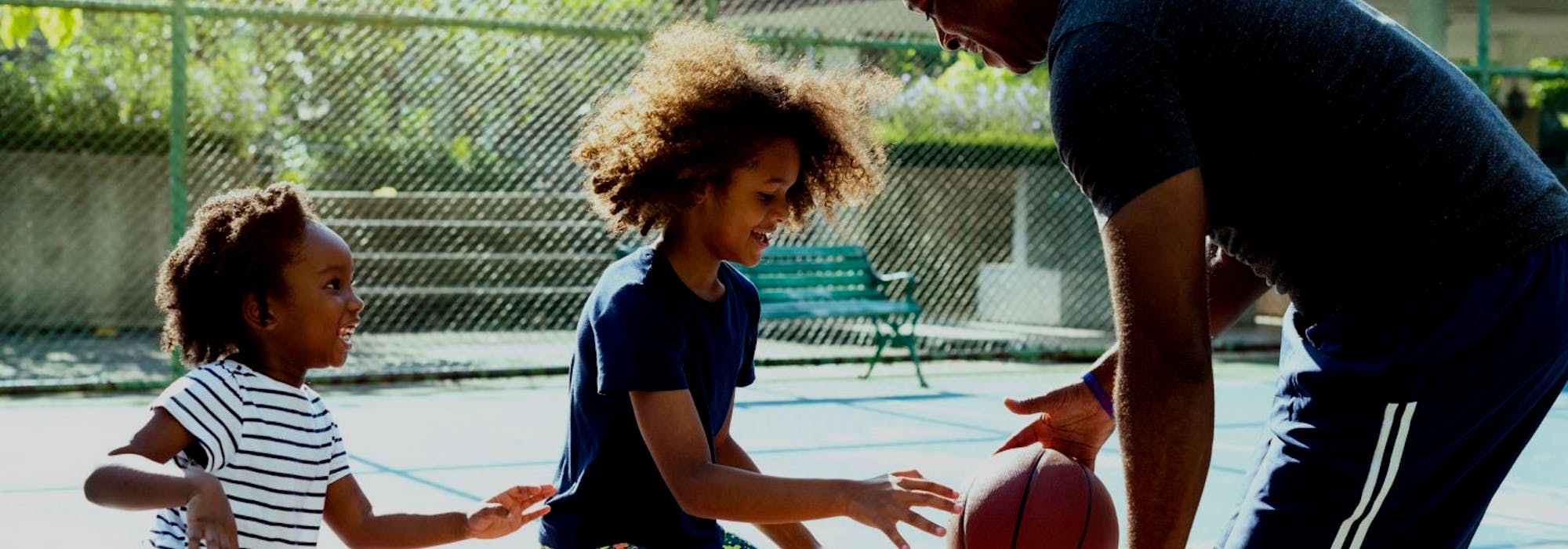Playing, learning, and exploring are what prepare a child for adulthood. When your child is unable to do these things without difficulty or discomfort, there is a problem.
Children who struggle with gross motor skills have trouble doing whole-body movements, such as jumping rope or throwing a ball. Your child relies on these movements to be able to fully participate in their school and play environments.
We understand that as a parent, you want to see your child succeed. If your child is experiencing delays or impairments with their gross motor coordination, Southern Pediatric Therapy Clinic is here to help. Contact us today to learn more about treatment options for your child.
What are gross motor skills?
Some children have difficulty with gross motor skills as a result of being born prematurely or have neurological impairments that can be the result of a genetic disorder or complications during birth. Gross motor skills involve movements of the large muscles of the arms, legs, and torso.
Gross motor function starts to develop when children are just a few months old. By the time infants are walking around the house and climbing into trouble, their gross motor functions are usually very well developed.
All children grow at their own pace, however, some signs that your child may be experiencing gross motor coordination impairments or that they are delayed for their age are:
- They are 2 months and cannot lift their head and chest up while on their stomach
- They are 4 months and cannot roll over or prop up on their wrists
- They are 6 months and cannot sit up without assistance
- They are 9 months and unable to pull themselves into a standing position or crawl on all fours
- At 2 years old, they are unable to jump
- At 3 years old, they are unable to pedal on a tricycle or climb
- At 4 years old, they cannot climb stairs alone or skip
Gross motor delays are also extremely common in children with cerebral palsy, muscular dystrophy, and Down’s syndrome as well. If you’ve noticed any of these occurring with your child, it is not a reason for panic. Having your child’s gross motor coordination properly assessed by a medical professional can give you the answers and peace of mind you’re seeking.
Why is pediatric therapy for gross motor development so important?
Gross motor skills impact a person’s balance and coordination abilities, as well as body awareness, strength, and reaction time. They also form the basis for fine motor skills that allow your child to make smaller movements.
If your child is experiencing difficulty or delays in any of these areas, it can impact their overall growth and development.
Pediatric physical and occupational therapy is recommended for children who are not meeting their milestones, as well as children who are experiencing physical challenges as a result of a health condition or injury affecting their musculoskeletal system.
Pediatric physical and occupational therapists are highly trained individuals who can work with children of all ages.
To help encourage the development of gross motor skills, a Southern Pediatric Therapy Clinic occupational therapist will help your child with basic muscle movements, from being able to lift their head and put weight on their arms and legs to figuring out the coordination necessary to roll over and begin to crawl.
Contact us today
At Southern Pediatric Therapy Clinic, we provide many types of pediatric therapy to help your child. You can rest easy knowing that your child’s treatment will be as seamless as possible through our integrated care plans.
Southern Pediatric Therapy Clinic strives to create a warm and encouraging environment for your child to improve their gross motor coordination skills. Call our clinic today to learn more about how treatment can help your little one enjoy a more active, fulfilling childhood.
Sources:


